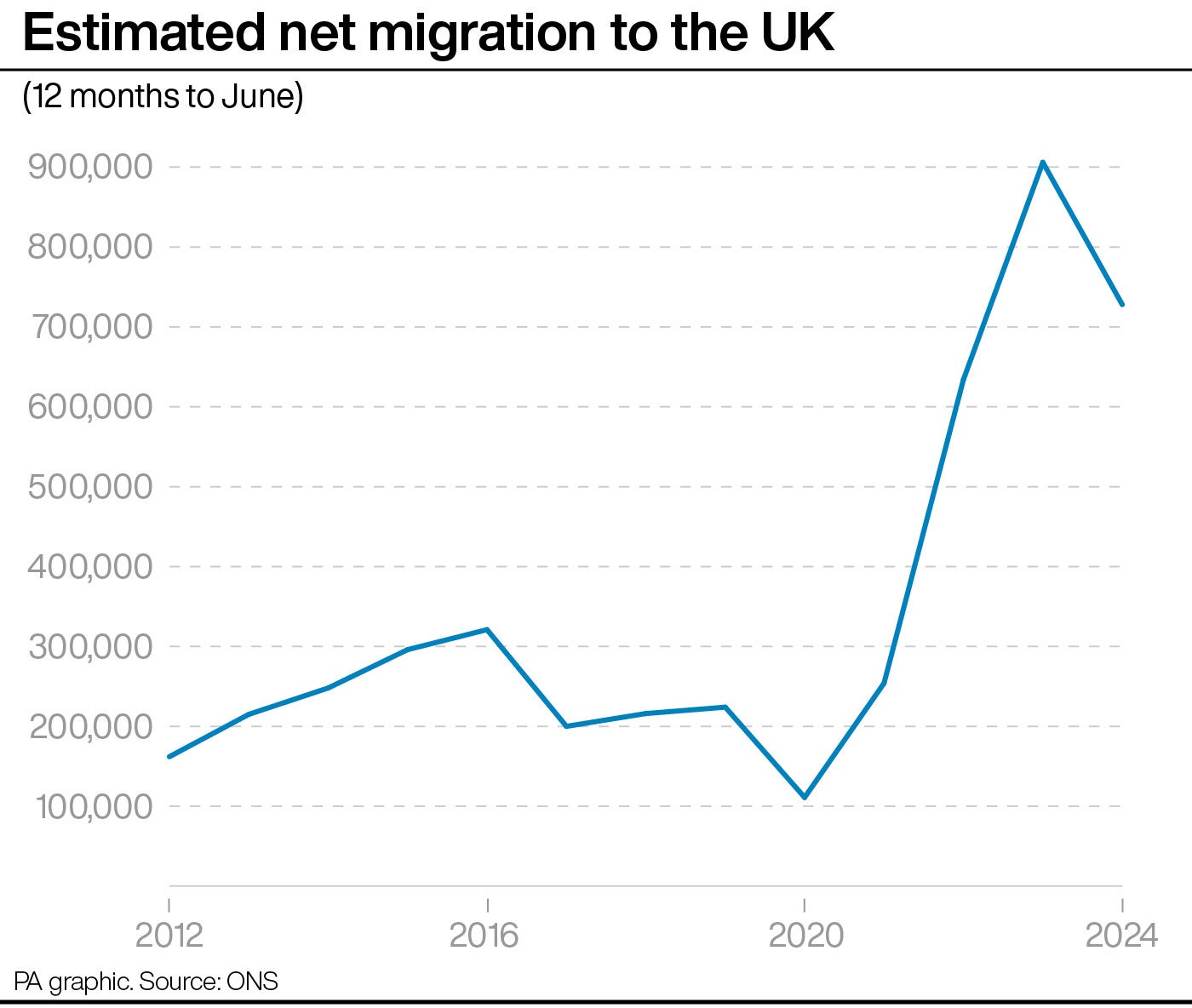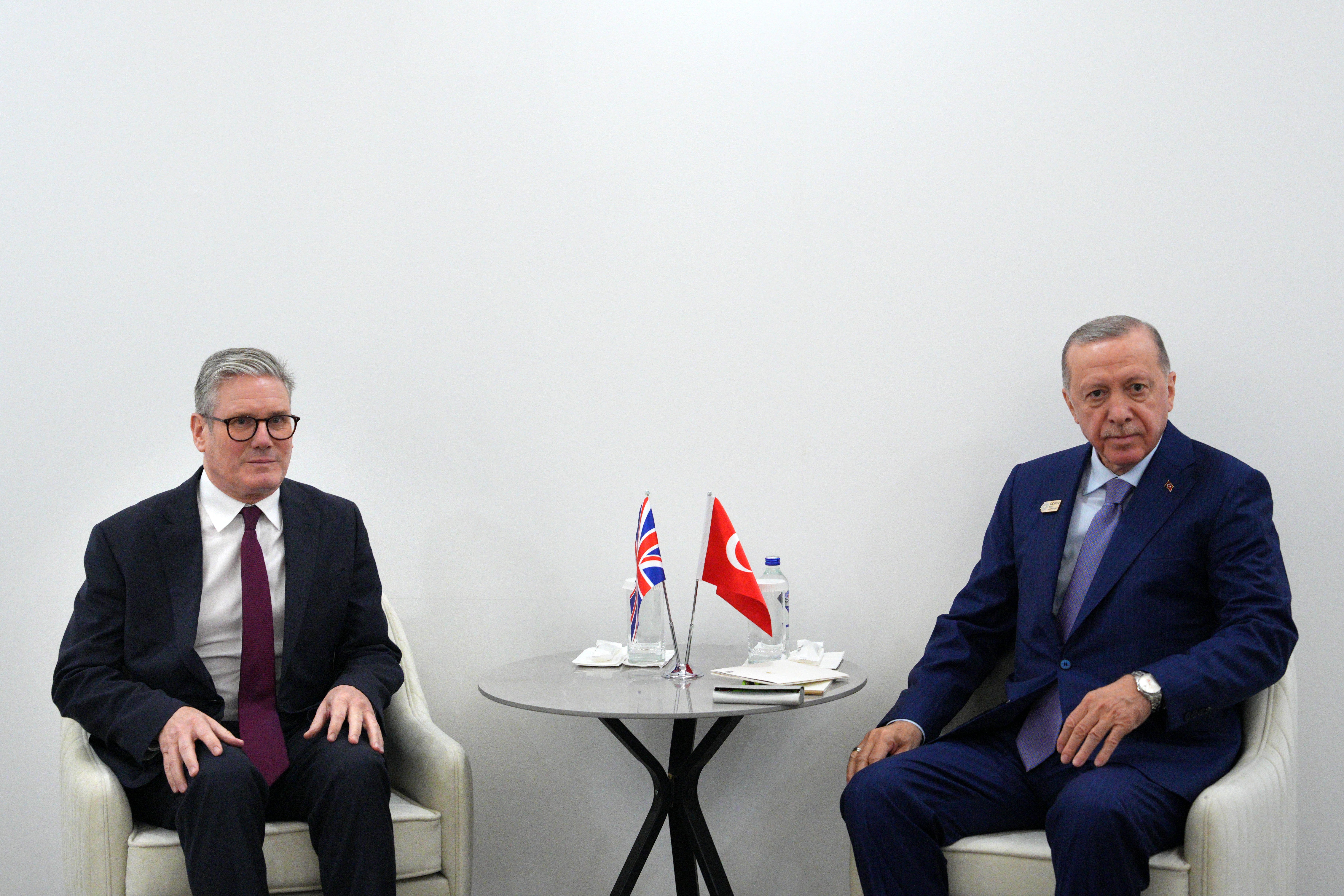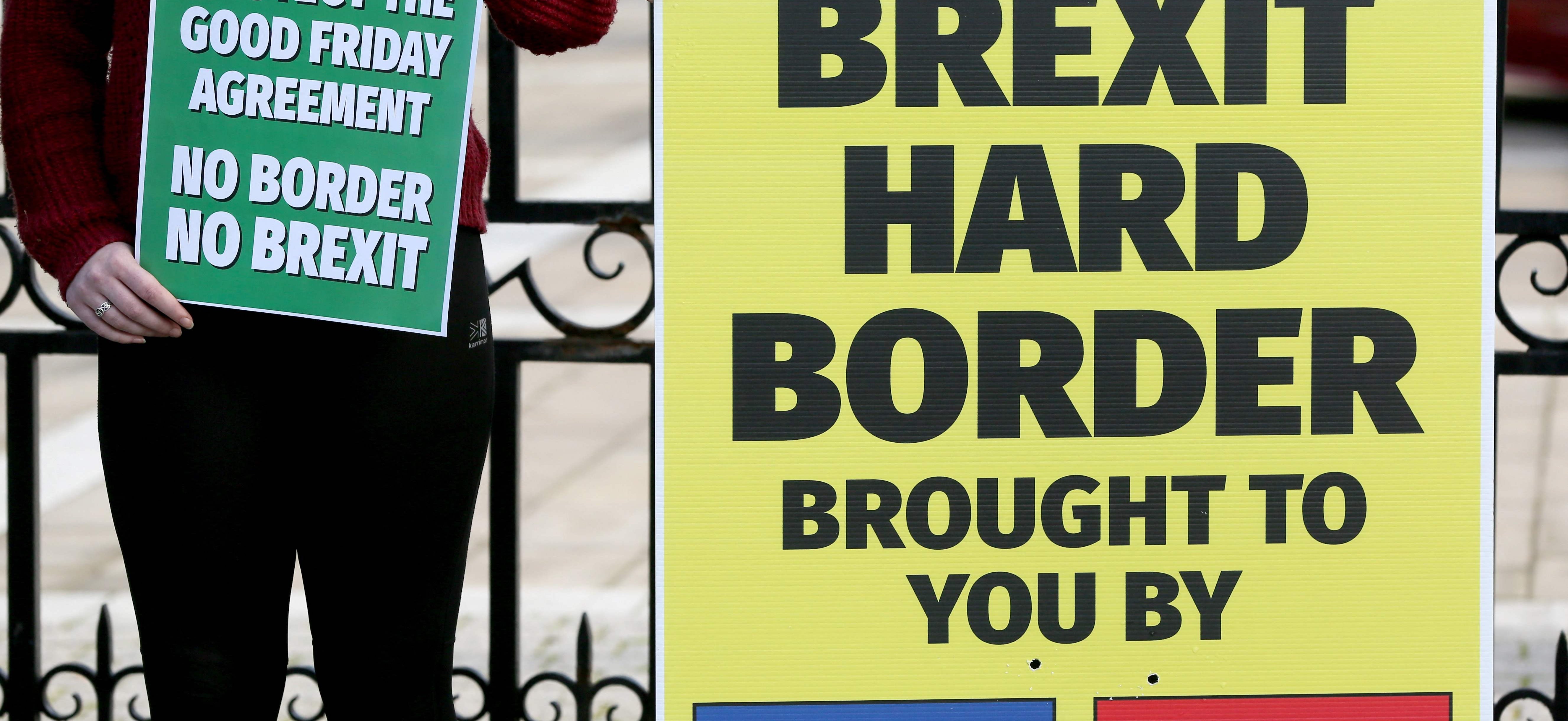Five years after Britain officially left the European Union, Brexit is less popular than ever.
YouGov polling on Wednesday showed the number of Britons who think leaving the EU was a good idea is at its lowest since the referendum, with just three in 10 saying it was the right decision.
Most voters support Britain returning to the EU, with even one in six who backed the UK’s departure now experiencing regret.
To mark the fifth anniversary, The Independent looked at what Britain was promised before the 2016 vote, and what Britain actually got.
£350m a week for the NHS
One of the most notorious promises made by the Leave campaign was that, due to Britain’s financial contributions to the EU, getting out would free up £350m each week which could be spent on the health service
Spending on the NHS has increased since Britain left the EU, particularly during the pandemic, but there is no evidence to suggest Britain’s payments to the EU have been redirected to the service.
And, far from helping, Brexit has led to a severe slowdown of nurses arriving in the UK from EU states, contributing to staff shortages, while post-Brexit red tape has led to the NHS facing drug shortages.
Take back control of Britain’s borders

Another key selling point for Brexiteers was immigration, and the vow that outside the EU the UK would take back control of its borders.
Much of the referendum campaign was focused on immigration, and warnings it would continue spiralling if Britain voted to remain.
But the UK’s withdrawal from the EU has not made so much as a dent on net migration figures, with immigration soaring to a record high.
The net number of immigrants who arrived in the UK in 2023 was 900,000, almost four times higher than the 248,000 figure seen in 2016, the year of the referendum.
Prospering outside the EU
Vote Leave also promised the UK would prosper as an independent nation.
But official government figures show that Brexit is expected to knock 4 per cent from the size of Britain’s economy in the long run, adding to the squeeze on taxes and public services.
And, in a stark warning for those thinking Brexit’s damage would be over five years on from Britain’s official EU exit, official figures revealed by The Independent show that less than half of its impact has yet been felt.
The Office for Budget Responsibility‘s most recent estimates show that just 40 per cent of the impact of Brexit has fed through to the economy, meaning 60 per cent is yet to materialise. The economic damage has been caused by a drop in trade between the UK and EU, largely due to post-Brexit red tape holding back businesses.
Lower taxes and cost of living

The official Vote Leave campaign repeatedly attacked the EU for increasing the cost of living for Britons and vowed it would fall if the UK pulled out.
A key claim was that Britain would scrap VAT on household energy bills outside Europe, saving £64 for each household per year.
VAT on household energy bills has not been scrapped, and since Brexit, mainly due to Russia’s invasion of Ukraine, energy bills and the cost of living have soared.
Brexit has in fact been blamed for exacerbating the cost of living crisis that hit the UK by increasing trade friction and driving up food costs.
Global Britain and a US trade deal

Another big Brexit bonus promised by Leave backers was a wide-ranging US trade deal that would boost British business.
Despite warnings from Barack Obama that leaving the EU would put Britain at the “back of the queue”, Brexiteers pressed ahead with the notion the “special relationship” would open the door to a deal.
Five years after regaining the power to strike individual trade deals, a US deal has continued to evade both Tory and Labour governments. There is little prospect of Sir Keir Starmer signing up to an agreement including agriculture, that would see already furious farmers undercut by American meat producers.
So even if a deal does materialise, it is likely to be far smaller in scope than what was touted before the Leave vote.
A far cry from the vision of Britain striking enough trade deals to offset its lost trade with the EU, Brexit is expected to have a long-term 15 per cent hit to overall UK trade.
Turkey joining the EU

Another Brexit myth pushed by the Leave campaign was that Turkey was set to join the EU within a decade, opening freedom of movement to millions more people.
The day before the referendum, former Tory leader Sir Iain Duncan Smith said a Leave vote was safer and that those claiming Turkey’s ascension to the EU was a long way off were lying to the British people.
But, almost a decade after the referendum, Turkey’s journey from candidate to full membership status still looks stalled.
Frictionless trade between GB and Northern Ireland

Boris Johnson once famously told a Northern Irish businessman that if they were asked for customs declarations between Great Britain and Northern Ireland they could “tell them to ring up the prime minister and I will direct them to throw that form in the bin”.
Instead certain goods being transported into Northern Ireland under the Windsor Framework require customs declarations.
Northern Ireland is treated as part of the EU single market, meaning that goods entering from Great Britain are subject to checks and declarations forms.
This has proved highly controversial, with unionists arguing the system threatens Northern Ireland’s place in the United Kingdom. But the framework is in place to ensure no hardening of the Irish land border post-Brexit.







